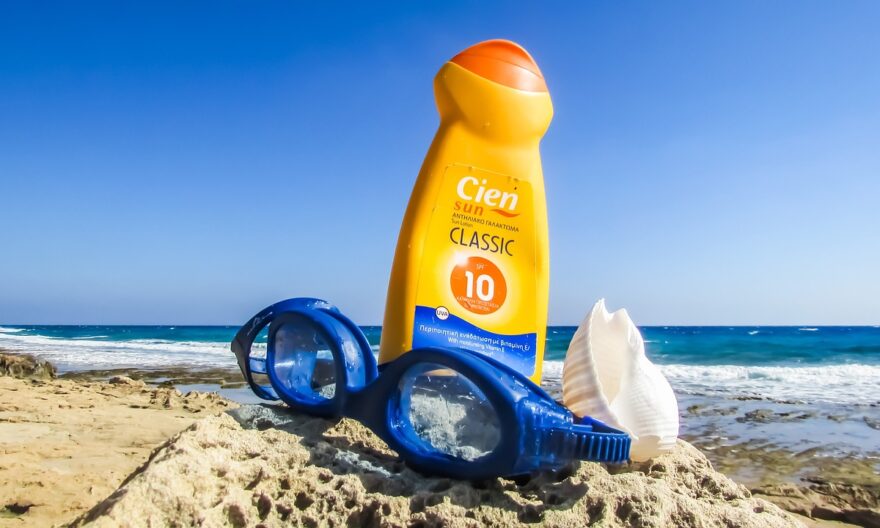
It’s essential to prioritize the health and protection of your skin while enjoying the great outdoors. Sunburns, premature aging, and an increased risk of skin cancer are all potential consequences of excessive sun exposure.
Here are some tips to protect your skin from sun damage:
Apply sunscreen regularly
Sunscreen is the best way to protect your skin from damage. Choose a sunscreen with a high SPF of 30 or above and apply it generously to any parts of your skin that could be at risk for at least 15 minutes before going outside. In particular, the face, neck, and shoulders are prone to sunburn.
Additionally, make sure you reapply every two hours – or more frequently if you are sweating heavily or swimming.
Seek out shade
When spending time outdoors, especially during peak sun hours (between 10 a.m. and 4 p.m.), it is essential to find shade whenever possible. Seek refuge under trees, umbrellas, or canopies to reduce direct exposure to the sun’s rays.
Wear protective clothing
Clothing can provide an additional layer of defense for your skin. Cover up with loose-fitting clothing that can still protect your skin from the sun.
Wear sunglasses
Your eyes and the skin around them are just as vulnerable to damage by UV radiation. Invest in a good pair of sunglasses with UV protection to shield your eyes from harmful rays. Look for sunglasses that block both UVA and UVB rays to provide a comprehensive defense.
Be mindful of medications
Certain medications, such as antibiotics and acne treatments, can increase the skin’s sensitivity to the sun. Read the labels and, if necessary, take extra precautions by limiting sun exposure or using additional protective measures.
Practice regular skin checks
Performing regular self-examinations of your skin can help you identify any changes or abnormalities. Look for new moles, growths, or changes in existing ones. If you notice anything unusual, such as irregular borders, changes in color or size, or itching and bleeding, consult a dermatologist promptly. Early detection is vital in the successful treatment of skin conditions, including skin cancer.



